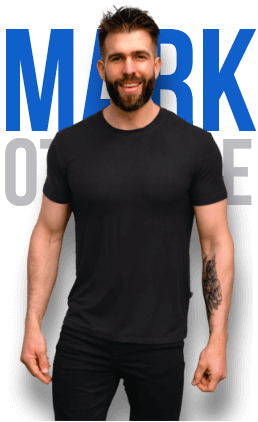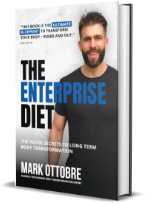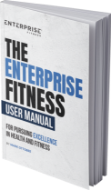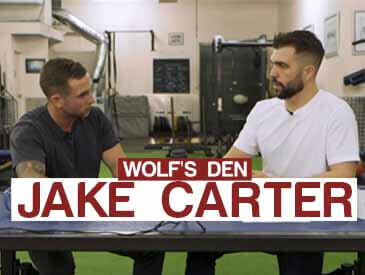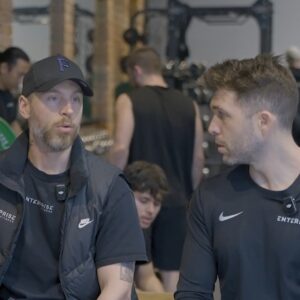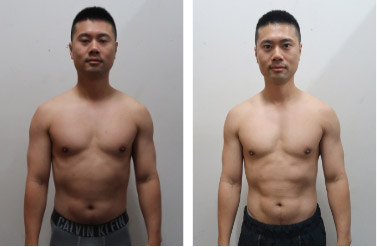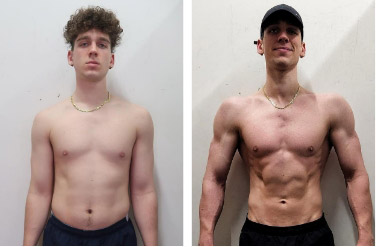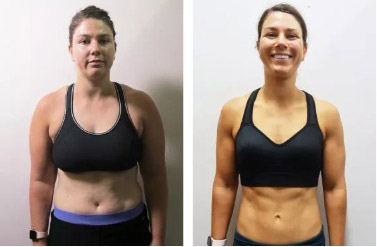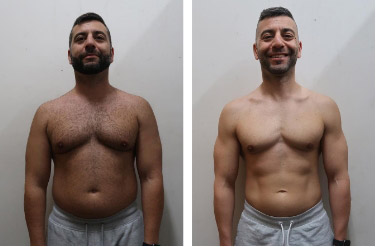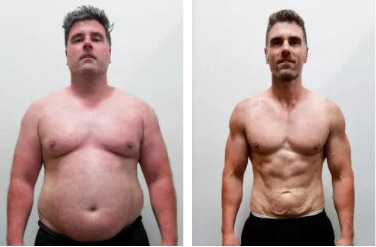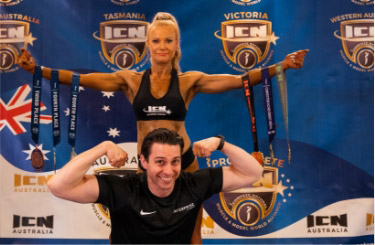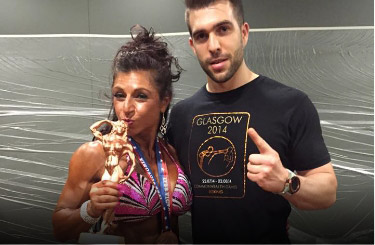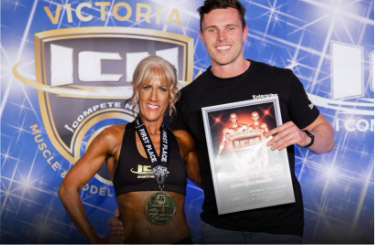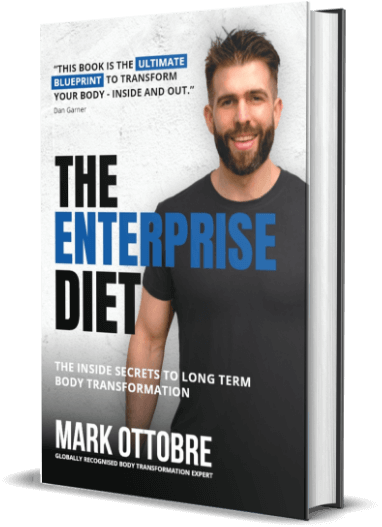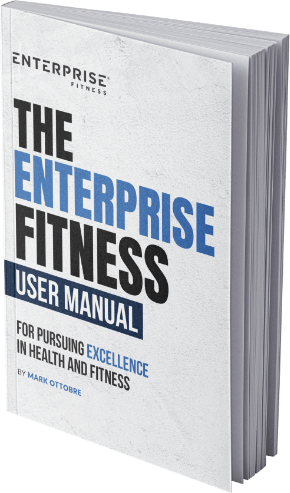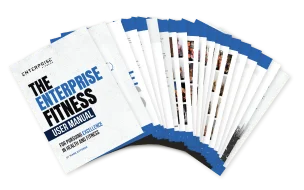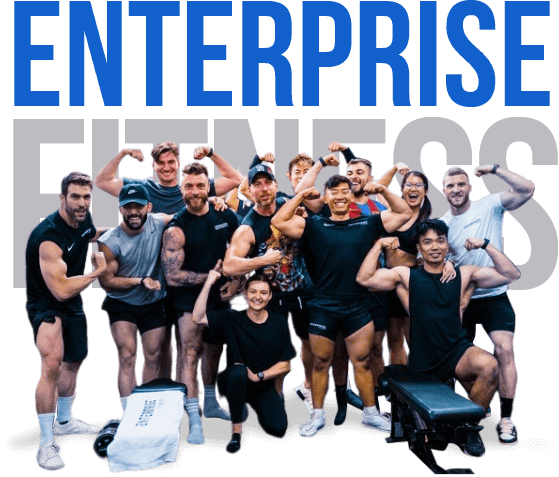Nutrition Mistakes Fitness and Physique Competitors Make
[powerpress]
In 2004, I took my first step onto the competitive bodybuilding stage, filled with excitement and determination. Little did I know that I was about to make every mistake under the sun, from nutrition and training blunders to tanning and posing mishaps. The result was a heartbreaking last-place finish in my lineup. But instead of dwelling on that defeat, I made a vow to myself that day. I vowed to become an expert in all aspects of competition preparation, ensuring that others wouldn’t have to endure the same mistakes I did. Nearly two decades later, my studio and I have coached over 300 winners in physique, bikini, and fitness competitions. Our mission has always been to guide individuals towards thriving on stage, and it’s in this spirit that I’m putting together this series to help you do the same.
Subscribe to the Enterprise Fitness Podcast on your favourite platform.
Mistake 1: Poor Nutritional Planning
Imagine this scenario: you’ve decided to compete in a show, and the first thing you do is cut your daily calorie intake to a mere 1200. Unfortunately, this is a misstep that some individuals take. While they might experience a quick drop in weight initially, they often find themselves hitting a plateau after just a few weeks. The truth is that succeeding in any physical challenge, especially a competition, requires thoughtful planning and an understanding of your body’s adaptation process. Blindly sticking to a calorie-cutting plan without considering biofeedback can lead to suboptimal results.
Nutritional planning for a competition is far from a linear process. It’s not merely about progressively reducing calories; there are crucial biofeedback markers that need careful consideration. Additionally, it’s essential to recognize that nutrition, training, and recovery are interdependent factors that work in synergy. Let’s delve deeper into why poor nutritional planning can hinder your competition journey.
The Interplay of Nutrition, Training, and Recovery
In the realm of competitive bodybuilding, your nutrition, training, and recovery are inseparable elements of your success. They function as a tightly knit trio, and neglecting one can negatively impact the others.
Training and Nutritional Adaptation: Your training sessions provide vital feedback on how your body is responding to your nutrition plan. If you’re feeling sluggish, unable to lift as heavy as usual, or constantly fatigued, it’s a sign that something needs adjustment. Pushing harder or reducing calories further without considering these signals can backfire.
Recovery and Caloric Intake: Recovery is where your body repairs and grows. Inadequate recovery due to insufficient calories can lead to overtraining, injuries, and compromised performance. Instead of blindly cutting calories, it’s crucial to ensure that your nutritional plan supports your recovery needs.
Biofeedback and Adaptation: Your body constantly provides feedback in the form of changes in energy levels, mood, and physical performance. This biofeedback is invaluable in guiding your nutritional adjustments. A rigid calorie-cutting approach doesn’t allow for the necessary adaptability required during competition preparation.
The Importance of Timing and Monitoring
One of the critical aspects of successful nutritional planning for competition is timing. Gradual, strategic adjustments over time can lead to more sustainable progress and better results on stage. Rapid, extreme calorie reductions often result in metabolic adaptations that make further fat loss increasingly challenging.
Monitoring your progress and biofeedback is equally essential. Regularly assessing your body’s response to your nutritional plan allows you to make informed decisions. Don’t hesitate to seek guidance from a knowledgeable coach or expert who can help you interpret and act on this feedback effectively.
In conclusion, poor nutritional planning can be a detrimental mistake on your competition journey. Instead of blindly slashing calories, focus on understanding the interconnectedness of nutrition, training, and recovery. Embrace a flexible and adaptive approach that considers your body’s biofeedback. Remember, the path to success in the world of competitive bodybuilding is not a straight line; it’s a well-calculated journey that requires careful planning and constant evaluation.
Stay tuned for Mistake 2: Non-Specific and Overtraining, where we’ll delve into the next crucial aspect of competition preparation. Your inbox will receive the next installment tomorrow.
Want more of our philosophies and systems? Grab a copy of our book, The Enterprise Diet: https://enterprisediet.com/
Visit our personal training studio on the web: https://melbournepersonaltrainers.com/personal-training/
Check out our courses and education programs: https://enterprisefitnessacademy.com/
